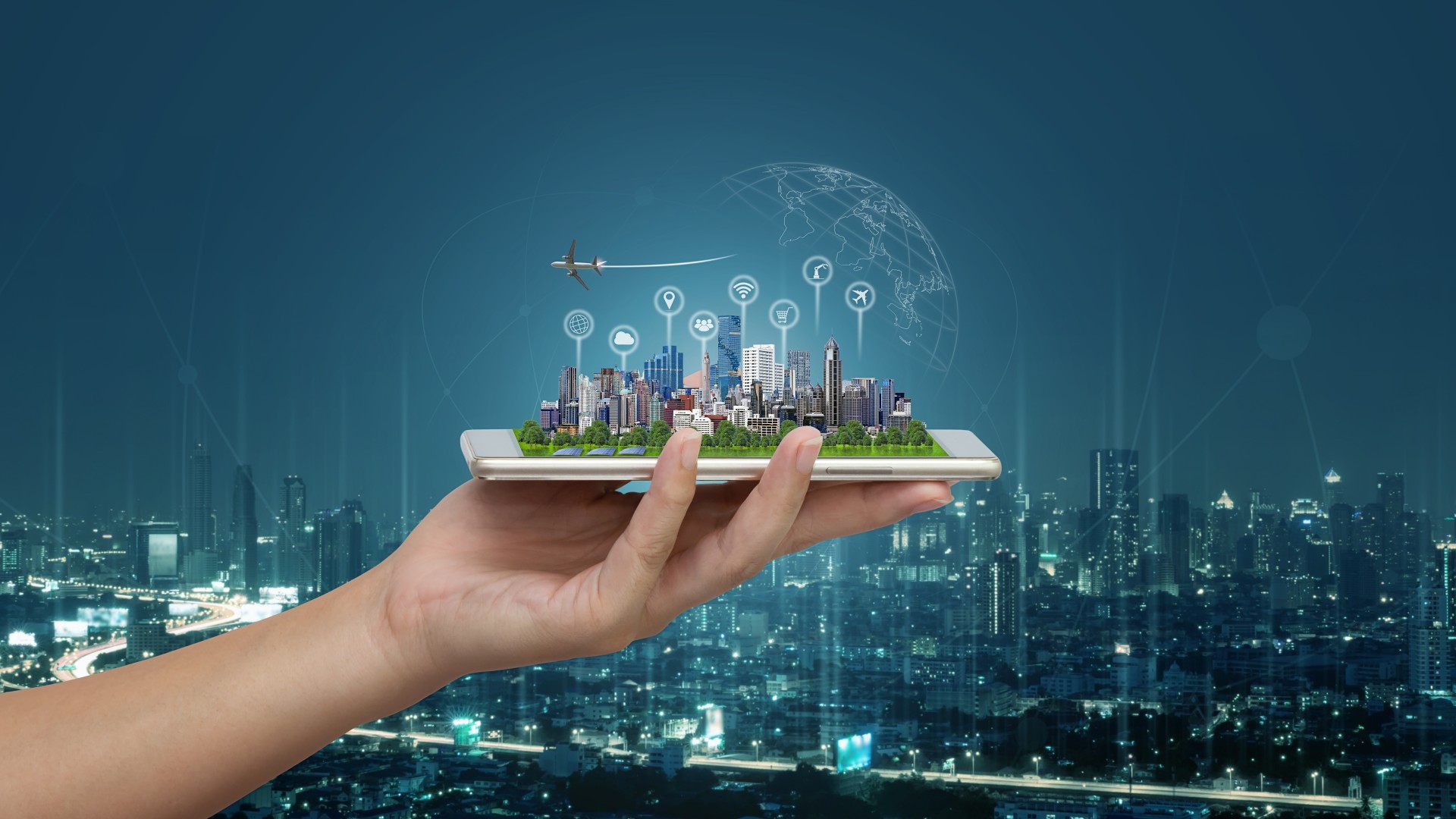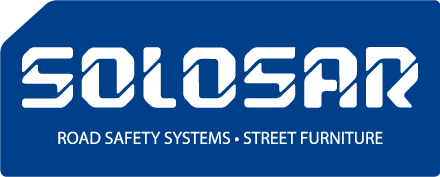Hyper connectivity, real time, smart City, automated vehicles... Here is the vision of SOLOSAR's CEO, Patrick ASIMUS, on these exciting topics!

For many years, SOLOSAR has participated in the training of young people from all walks of life within its teams. As part of a topic related to "digital transformation and the business world", one of our students interviewed SOLOSAR's management in July 2022 to find out the impact of this transformation on the business world. Digital transformation, which began in the 1970s and was boosted by the Covid-19 pandemic, is impacting a company's activities, communication methods, customer expectations and habits, and marketing methods.
Hyper connectivity, real time, smart city, automated vehicles... Here is the vision of SOLOSAR's CEO on these exciting topics.
Mr. Asimus, what are the concrete actions carried out in your SME related to the digital transformation of your activities?
"Our actions have been deployed for 3 years on several axes, the first being the implementation of an ERP, a software package for managing the company's processes, which will allow us to have a more rigorous and global management, a better monitoring of customers, an optimization of production and a better commercial monitoring for our Business Developers.
The second axis concerns a purely commercial plan. The way our Business Developers work has been completely revolutionized since the covid crisis, because other habits that were marginal in the past have now been adopted by our customers, in particular videoconferencing. It allows us to qualify a prospect in advance, in a more detailed manner, and to identify concrete projects more directly. Still on the commercial side, the use of the LinkedIn social network has provided us with an unlimited and immediate prospecting tool coupled with a new communication vector.
The marketing of the company has been revolutionized thanks to a new back office of our website giving us access to advanced and successful referencing, generating an average of ten leads per day.
In addition, for the past 3 years we have seen a strong demand for the digitalization of our products such as shock sensors positioned on the slides that will allow us to give information in real time on the location and nature of the shock suffered.
In our street furniture business, we are now evolving within the framework of Smart Cities (intelligent cities of tomorrow) for which we are developing intelligent and eco-responsible street furniture, equipped with communication tools and sensors that will enable the managers of this Smart City to have precise, localized and reliable information in real time. For example, our furniture will be equipped with sensors to measure the ambient temperature, for the detection of frost or on the contrary of high temperatures in order to create freshness points by brumisation, Wi-Fi and Bluetooth terminals for users, twilight sensors to trigger public lighting on demand, so as to make the furniture more intelligent and sustainable in order to allow the customer to manage his urban furniture park more efficiently and autonomously. A new range of connected equipment for local authorities is in the pipeline at SOLOSAR and will be launched in 2023. It will be called SOLOCONNECT™.
Finally, our highly retroreflective coating applicable on any type of guardrail ULTRAGUARD™ can be used for communication between lidars of automated vehicles and guardrails, which are thus made more legible and visible in all circumstances and especially at night and in bad weather. We are thinking of joining a mobility cluster to surround ourselves with specialists in the field.
Have you encountered, and I imagine that you have, any difficulties in implementing this digital transformation?
Obviously, the first one being the financial difficulty because these deployments are expensive. To do this, we are supported by the Grand Est region and especially the Public Investment Bank, the BPI, set up by the government to help SMEs in the digitalization process. This fundraising is essential to our growth.
The second is more human, because some employees have not evolved during their career in this hyper-digitized world and have an increased need for information and training. The demand is high and the desire is there.
The third difficulty is the speed at which everything evolves. The tools we use in 2022 may no longer be adapted in a few years due to the lightning technological progress we are experiencing. We are therefore very vigilant about the choice of products, software and integrated concepts that must be sustainable for our company.
Would you consider replacing some of your staff with machines/robots in the near future?
"In no case, because no machine will store the technical and commercial know-how of our employees as well and as quickly. The machine, like the human being, can fail, but human contact and know-how, in my opinion, go beyond technology and will always take precedence over a totally virtual world."
We've been hearing a lot about the Metaverse lately, do you see yourself doing business like yours in this virtual world?
"We are carefully observing what is happening in the Metaverse while asking ourselves how we could fit into this potential new business model in this emerging virtual world. In short, we are carefully observing what is going on there without being an actor for the moment." -
Do you think that digital transformation can play a positive role in the future of companies or, on the contrary, prove to be a major obstacle?
Obviously, there is good and bad in this digitalization and going against this revolution is simply impossible for a company manager, because the tools used and the globalized world in which we evolve require this. It would even be a serious mistake. We work, for example, with customers in the Middle East, whose expectations in this area are paramount. However, we must not become slaves to this digitalization, we must be able to control it at all times and at all levels of the company.


